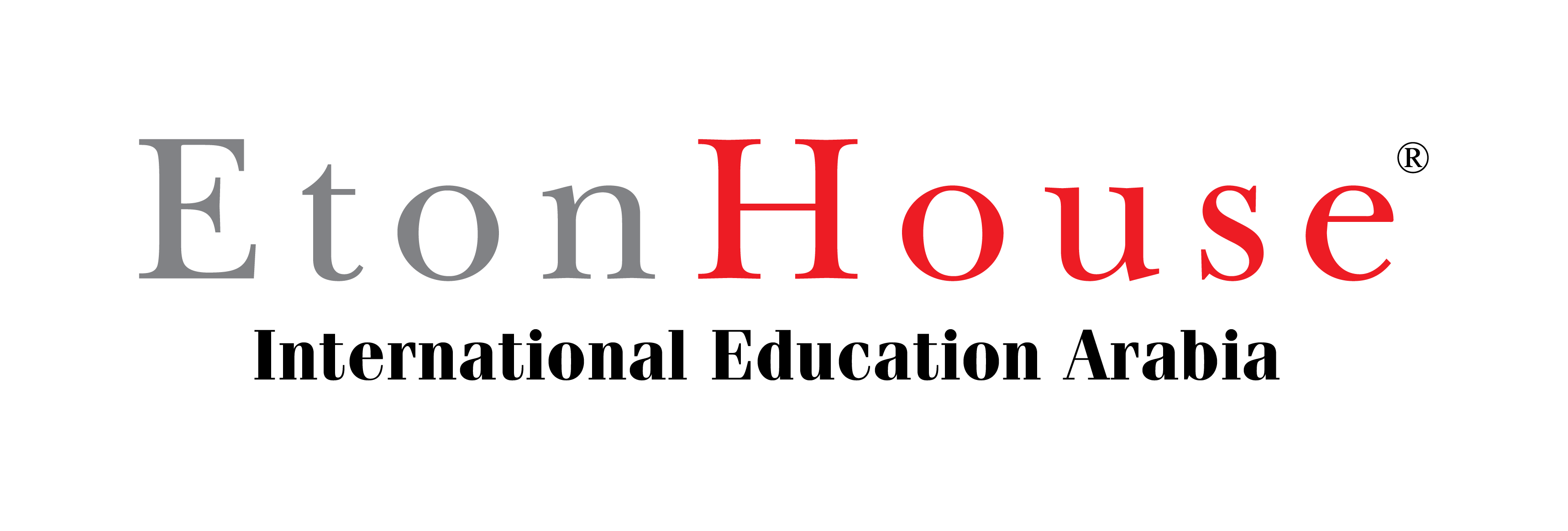When it comes to choosing an international school, one of the most important decisions you will face is selecting a curriculum that best suits your child. Two popular options—the International Baccalaureate Primary Years Programme (IB PYP) and the International Primary Curriculum (IPC)—are both globally recognised for their inquiry-based, student-centred approaches. Yet, beneath their shared commitment to nurturing curious, globally minded learners, these programmes differ significantly in philosophy, structure, and learning outcomes.
In this article, we unpack the key differences between the IB PYP and IPC, and explore what truly matters when choosing the right school for your child.
Understanding the IPC: A Structured, Thematic Approach
The International Primary Curriculum (IPC) is a globally recognised and comprehensive curriculum designed to provide a structured yet adaptable approach to learning. With a strong emphasis on thematic, cross-curricular education, it offers a clear and consistent structure that the IPC is widely used in diverse international settings, making it an effective choice for schools seeking a balance between structure and flexibility.
Key features of the IPC include:
- Thematic, Cross-Curricular Learning – Subjects are taught through engaging, real-world themes, helping students make meaningful connections between disciplines while developing a broad and interconnected understanding of the world.
- A Clear and Structured Curriculum – The IPC provides well-defined learning goals across subjects, ensuring a coherent and progressive curriculum. Its structured nature helps educators plan effectively while allowing for adaptation to local contexts and student needs.
- Assessment and Progress Tracking – A strong emphasis on assessment supports both student growth and teacher planning. The IPC includes a variety of assessment tools that help track academic progress, skills development, and personal growth.
- Personal Learning Goals – In addition to academic objectives, the IPC nurtures students' social and emotional development through its eight Personal Learning Goals, which focus on qualities such as resilience, adaptability, cooperation, and international-mindedness.
- Globally Relevant and Adaptable – The IPC is designed to be implemented in schools worldwide, offering flexibility to align with national curricula while maintaining a strong international perspective.
With its structured yet adaptable nature, the IPC provides a robust foundation for holistic education, ensuring students develop the knowledge, skills, and personal qualities needed to thrive in an ever-changing world.
The IB PYP: An Inquiry-Based, Transdisciplinary Approach
The IB PYP is a renowned and internationally recognised learner-centred curriculum framework that nurtures internationally minded, independent learners. Emphasising student agency, inquiry, and conceptual understanding, it empowers children to take ownership of their learning, fostering independent thinking in a globally connected world.
Key features of the IB PYP include:
- Inquiry-Led, Student-Centred Learning – the IB PYP fosters student-led inquiry, where learners pose questions, explore ideas, and construct their own understanding. Teachers act as facilitators, guiding students through open-ended explorations and real-world problem-solving.
- Concept-Based, Transdisciplinary Learning – learning is structured around six transdisciplinary themes that transcend traditional subject boundaries and encourage students to see connections across disciplines, ensuring learning is meaningful, relevant, and applicable beyond the classroom.
- The IB Learner Profile – strong emphasis on students' socio-emotional development through ten attributes that are embedded into all aspects of the curriculum, guiding students in becoming inquirers, knowledgeable and courageous thinkers, among others.
- Flexible and Customisable – the IB PYP is a flexible framework that can be implemented alongside national curricula, allowing for seamless integration while maintaining its inquiry-based approach.
With its inquiry-driven and concept-based framework, the IB PYP cultivates independent, internationally minded learners who think critically, take ownership of their learning, and develop the skills and dispositions needed to navigate an increasingly complex and interconnected world.
So, which curriculum is better? What really matters?
Both the IPC and IB PYP are designed to promote critical thinking, curiosity, and global awareness in an international setting, and it is often suggested that the choice depends on your child’s learning style, educational priorities, and future academic journey. However, a great curriculum is only as effective as the teachers delivering it and the environment in which the curriculum is delivered. Beyond the framework, factors like experienced and nurturing teachers, a strong school culture, supportive student-teacher relationships, and a holistic education often have an even greater impact on a child’s growth and development.
The best way to make an informed choice is to visit the school, speak with the teaching team, and observe how each curriculum is implemented. Ultimately, the right school is one where your child feels inspired, supported, and deeply engaged in their learning journey.
At EtonHouse, we combine academic excellence with a strong commitment to student well-being. Our holistic approach includes a wide range of enriching experiences, a mindfulness programme, and a nurturing environment that nourishes each child’s physical, mental and social-emotional health—ensuring they thrive not just in school but in life.
Book your personalised tour to learn about how our holistic approach brings out the best in your child.

%20(1).jpg)

